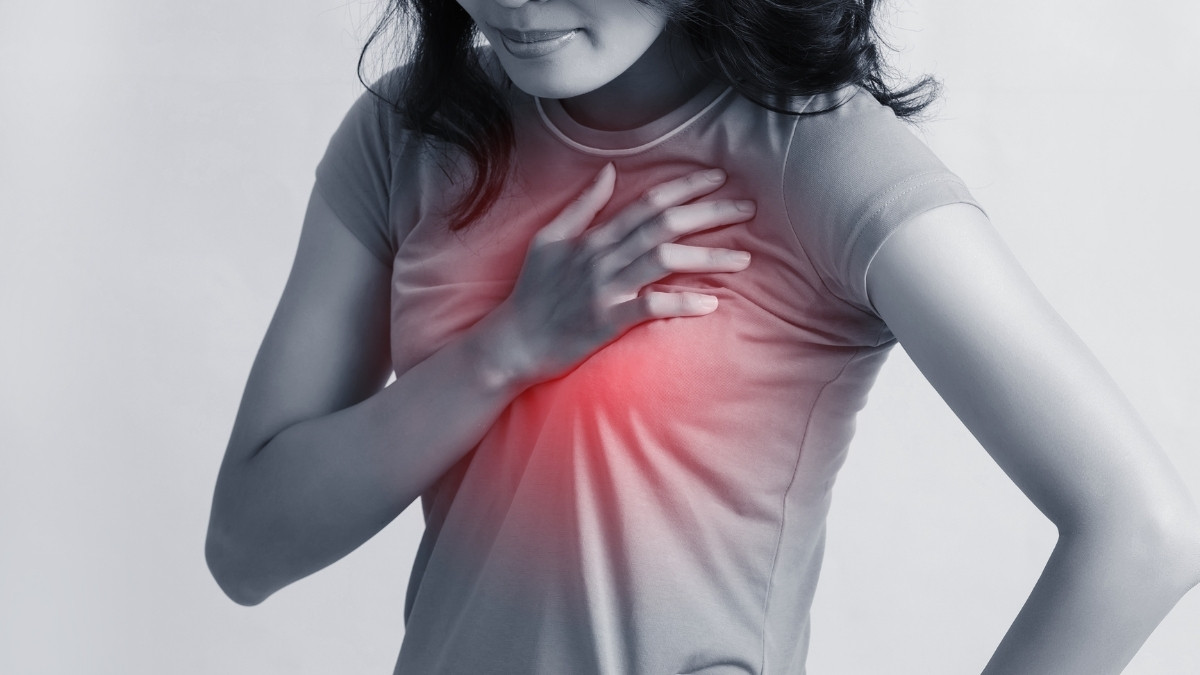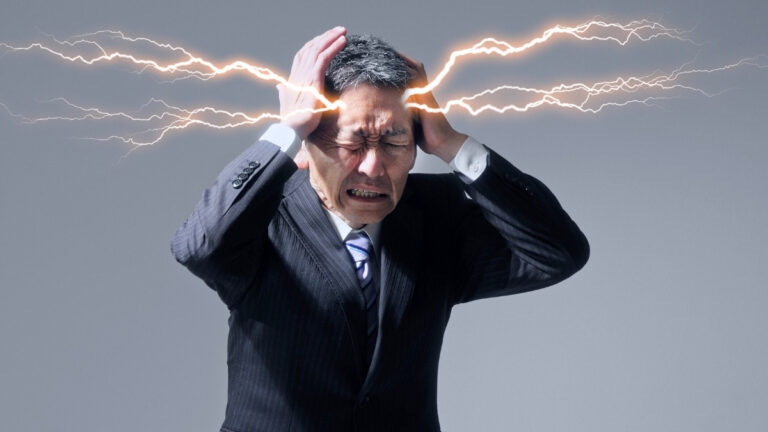The Silent Killer: 5 Heart Attack Symptoms Women Often Miss!

Heart disease is the leading cause of death for women, but many of its symptoms are often overlooked or mistaken for something less serious. Unlike the dramatic chest-clutching image we often associate with heart attacks, the signs in women can be subtle, making it easy to miss them. From unexplained stomach discomfort to sudden dizziness, these symptoms are easily brushed aside, but they could be life-threatening.
In this article, we’ll highlight the seven heart attack symptoms women often miss, helping you spot the early warning signs before it’s too late. Understanding these signs is crucial—your heart might not always scream for help, but recognizing its quiet whispers could save your life. Stay informed, stay aware, and take control of your health.
#1. Persistent Stomach Discomfort
Stomach discomfort that doesn’t seem related to food may indicate a heart attack in women. Often described as a dull ache or pressure in the abdomen, this symptom can be easily confused with indigestion or acid reflux.
However, if it persists or worsens, it could be a red flag. Heart attack-related stomach pain may appear alongside other symptoms, and ignoring it may delay treatment.
Tips to Watch For:
- Pay attention to sudden, unexplained stomach discomfort.
- Combine stomach pain with nausea or lightheadedness to identify a potential issue.
- Seek medical attention if discomfort persists for more than 30 minutes.
#2. Pressure Across Chest
Feeling a tightness or pressure in the chest is a classic sign of a heart attack. In women, however, it can be much subtler and often feels more like a squeezing sensation rather than a sharp pain.

This pressure might come and go, and it may not always occur during physical exertion. Recognizing this unusual chest feeling could save a life, as it’s easy to brush off.
Tips to Watch For:
- If chest pressure feels uncomfortable but not unbearable, it’s worth checking.
- Don’t wait for pain to intensify. Early symptoms may be mild.
- Consider your family’s heart health history when assessing chest discomfort.
#3. Dizziness and Lightheadedness
Feeling lightheaded or dizzy, especially when standing up quickly, may not seem alarming, but in women, it’s often linked to heart problems. This symptom might occur suddenly, even without physical exertion.
When dizziness is accompanied by other signs, such as chest pressure or nausea, it may indicate that the heart is struggling to pump blood effectively, which requires immediate attention.
Tips to Watch For:
- Don’t dismiss dizziness if it happens unexpectedly or with other unusual symptoms.
- Keep track of when dizziness occurs—during physical activity or at rest.
- Seek help if dizziness worsens or leads to fainting.
#4. Pain Radiating to Arms
Arm pain during a heart attack can be difficult to spot in women. It might begin as a mild ache or tingling in one arm, often radiating from the chest. The discomfort may be mistaken for something like muscle strain.

Women often experience this symptom more subtly than men, with pain spreading to the left shoulder or both arms. Any unexplained arm pain should not be ignored.
Tips to Watch For:
- Pay attention to discomfort in both arms, especially if it starts with chest pressure.
- Be cautious of any tingling or weakness in the arms that seems out of place.
- If the arm pain doesn’t subside after changing positions, seek medical advice immediately.
#5. Unexplained Anxiety Attacks
While anxiety can cause a racing heart and chest tightness, unexplained feelings of anxiety, especially when not associated with stress or anxiety triggers, can be a warning sign of a heart attack.

Women often experience a sense of impending doom or panic during a heart attack, and this may be accompanied by rapid breathing and dizziness. Recognizing the difference between anxiety and a medical emergency is crucial.
Tips to Watch For:
- If anxiety strikes without a clear cause, consider heart issues as a possibility.
- Track your symptoms. If anxiety is paired with physical symptoms like chest discomfort, it could be more than just stress.
- Seek help immediately if anxiety symptoms persist or worsen over time.
Safety Tips For Heart Attack:
Listen to your body and don’t ignore persistent discomfort or pain.
Pay attention to subtle symptoms like unexplained fatigue or shortness of breath.
If symptoms occur alongside chest pressure, seek medical attention immediately.
Trust your instincts—early intervention can save your life.
Stay informed about heart disease risk factors, especially if it runs in your family.
Final Thought:
Heart disease is the silent killer that too many women ignore. Recognizing subtle symptoms like stomach discomfort, dizziness, or unexplained anxiety can make all the difference. Your heart doesn’t always scream for help, but it whispers. Don’t wait for the pressure to mount. Early action can save your life. Stay vigilant, listen to your body, and never underestimate the power of awareness.






